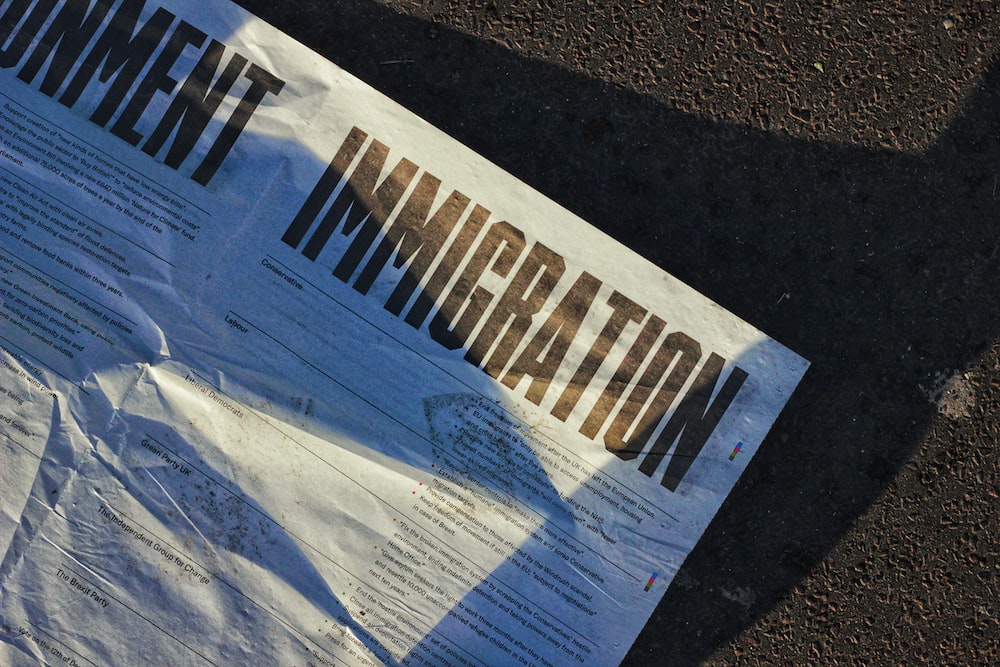Overstaying in the UK is a punishable offence that can result in significant jail time in some extreme cases. Most EU nationals can visit the UK for up to a total of 6 months without needing a visa. That can be considered a business visit. However, they have several restrictions on what they can do during their visit—no paid or unpaid work for an employer or self-employed work. This article explores what can occur to EU nationals overstaying 90 days after Brexit.
Understanding Overstaying in the UK After Brexit
Overstaying is when a foreign national, be it from the EU or another country, stays in the United Kingdom for a period longer than they are allowed to do so. For example, EU nationals who visit the UK can do so for only 6 months. After that, they must return to their own country. EU nationals are also not allowed to stay in the UK by visiting and leaving frequently. To say for longer periods in the UK, they will need to apply for a visa and be approved for it. Depending on the visa, they can reduce the restriction in terms of what they can do.
After Brexit, EU nationals are considered the same as other foreign nationals, except that they do not need a visa to visit the UK for periods of 6 months. However, this does mean that EU nationals can face penalties for overstaying in the UK. Overstaying for more than 90 days is a punishable offence unless the offender can prove that they had a reasonable reason to overstay.
Reasonable Reasons to Overstay
Below are some reasonable reasons to overstay in the UK. That said, this may vary based on your specific case, and you will need to prove to the court that it did prevent you from leaving the UK.
- You applied for a new visa to the UK, or you applied to change your immigration status such as Indefinite Leave to Remain (ILR)
- You have applied for an extension of your visa
- You were diagnosed with COVID-19 and were seriously ill or were unable to travel back to your country due to travel restrictions due to the pandemic
What You Should Do When Facing Overstaying
The immigration laws in the United Kingdom have become stricter after the introduction of The Nationality and Borders Act (NABA). Therefore, depending on your offence, you can also face up to 4 years of imprisonment. If you or anyone you know is facing an overstaying charge, you must consult experienced UK immigration solicitors immediately. They can guide you on what options you can take and prepare a defence strategy to help you fight your charges. It’s possible that you may be able to reduce your charges or remove them altogether. This is relevant for EU nationals overstaying 90 days after Brexit or other nationals.











